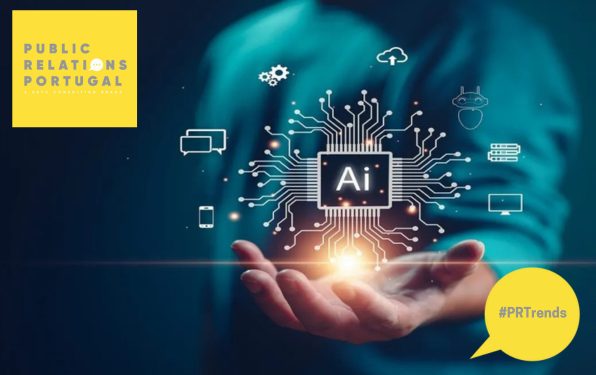
Artificial intelligence offers powerful tools for data analysis, task automation and message personalization. However, the risks of AI in PR should not be underestimated, and professionals must remain vigilant to avoid potential pitfalls
The main risks of AI in PR:
- Bias and discrimination
AI algorithms rely on datasets that contain biases. As a result, automated decisions can exclude certain groups and reinforce stereotypes. Such errors can seriously harm individuals and damage a brand’s reputation, leading to PR crises.
- Privacy violations
AI processes vast amounts of data to refine PR strategies, but this raises a critical issue: data privacy. Misuse or failure to comply with regulations (such as GDPR) can expose organizations to legal consequences and erode public trust.
- Spread of misinformation
AI-powered content creation can enhance PR efforts, but it also facilitates the spread of misinformation. Deepfakes and fake news are becoming more sophisticated, making it harder to distinguish between what is true and what is false. Companies must fight disinformation.
- Lack of transparency and authenticity
Public Relations are based on trust and genuine relationships. However, excessive reliance on AI-generated interactions can make communication seem impersonal and inauthentic. If the public perceives a lack of transparency, brand credibility can suffer.
- Ethical concerns
The use of AI in public relations has sparked ethical debates, and the need for ethical and responsible principles is being put forward. But the question now is, how do we teach robots to behave ethically?
- Cybersecurity threats
AI-powered cyberattacks, such as deepfake scams and data breaches, present significant risks to PR teams. Organizations must be ready to counter AI-driven threats that could harm their reputation and stakeholder trust.
- Over-reliance on AI
Artificial intelligence can optimize PR efforts, but over-reliance on it may weaken the human connections essential to the sector. PR professionals need to balance AI’s capabilities with human intuition and emotional intelligence.
- Job displacement and skill gaps
AI-driven automation is changing the PR landscape, raising concerns about job security. Professionals must adapt by developing new skills to interpret AI-generated information and integrate it into strategic decision-making.
To minimize the risks of AI in PR, organizations should follow ethical principles established by global PR communities. By implementing responsible AI practices, PR professionals can harness their potential while maintaining trust, transparency and ethical integrity. AI should be a valuable tool, not a threat, in the evolving world of public relations.